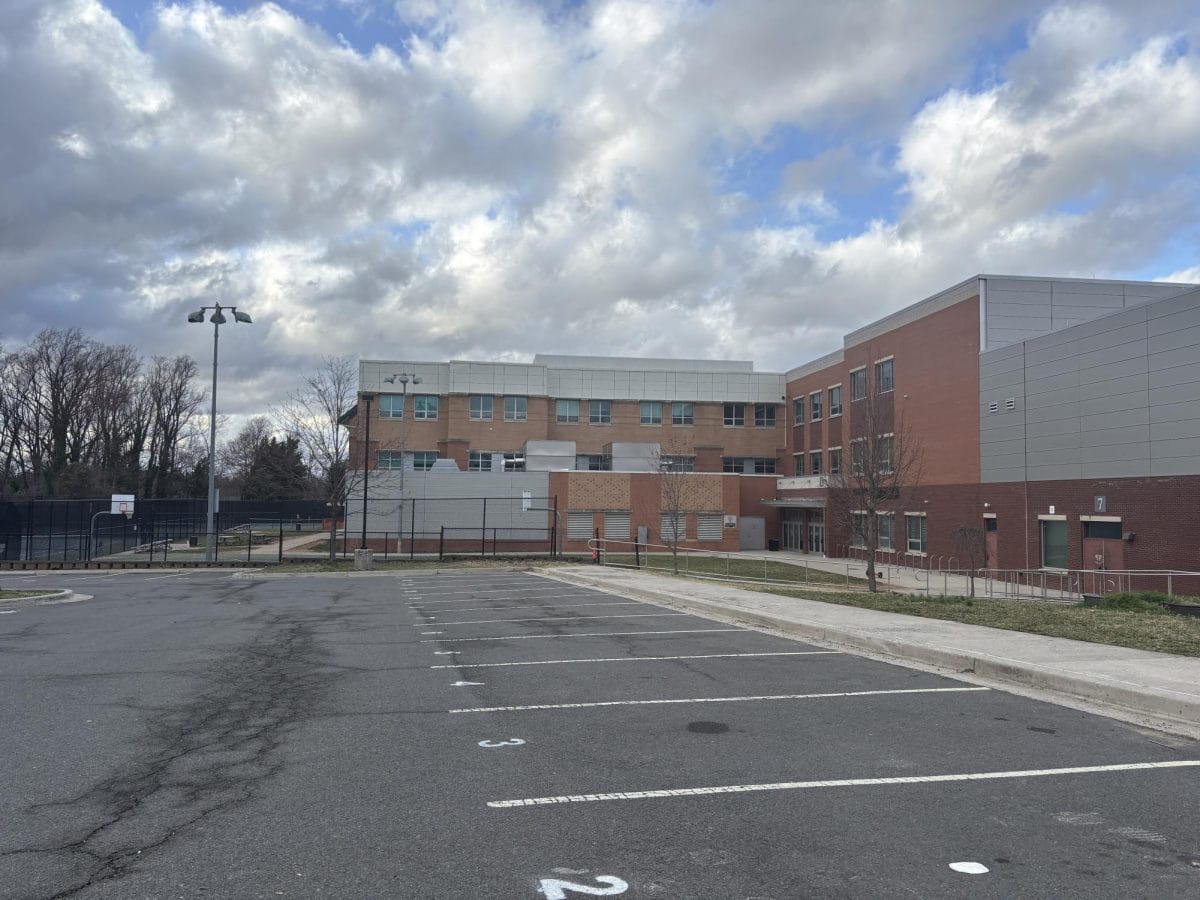By: Natalie Zur
Sentry Staff Reporter
Monday morning, the stampede of zombie students stumbling into school with sweatpants on and Starbucks in hand trying to make the 8:19am bell is comedic. Even more laughable is the supposed 9 hours of recommended sleep for teenagers.
Arguably not one teenager can say they consistently get enough sleep. Managing the school workload is difficult, but it is often made all the more challenging with academic stress and the “c word” that is looming in everyone’s future (college), not to mention the absurd amount of demanding after school activities. It is no wonder that sleep is often shoved to the wayside. Ironically, this is the time when brain development is at its highest since birth and teenagers are getting their least amount of rest.
Many kids tend to glorify all-nighters, posting on Twitter that “I’ve been up all night!” However, this lack of sleep is not to be bragged about. Superficially, it will make you ugly. Practically, not sleeping enough can limit your ability to learn, concentrate and solve problems. It can make you prone to acne and skin problems, cause you to eat too much and crave unhealthy foods which leads to weight gain. It destroys your immunity and makes you susceptible to illness. Frankly, students might as well be posting that they have not drank water all day, and Moist Andy is sure enough to warn you about the ills of dehydration.
I know that I suffer from procrastination big time. Instead of getting right to homework after school, it is much nicer to curl up on the couch and watch Netflix or check Instagram. But the time and energy spent watching a show or texting could be used to power through the homework for the night. Rewarding yourself at the end of the workload is the better way to go. Otherwise, you are depriving yourself of rest when at 10pm you zip open your backpack to realize that it will be a sleepless night.
If lengthening your amount of sleep is not possible, there are ways to improve the quality of it. Avoid caffeine, a stimulant commonly found in coffee, tea, chocolate, soda, and some pain relievers, four to six hours before bedtime. Additionally, it is best to avoid heavy foods before going to sleep. Instead of reaching for a coke and pizza, try some water and fruit or crackers. Struggling to fall asleep just leads to frustration, so if you are not asleep after 20 minutes, get out of bed, go to another room, and do something relaxing, such as reading or listening to music until you feel drowsy. Most importantly, try to go to sleep around the same time each evening.
One thing from preschool that would be great to work into the school day is naptime. While this may not realistic in the busy schedule of a high school student, naps can still play a large role in keeping you well rested. A 20- to 30-minute nap may be the ideal pick-me-up, but even napping for a few minutes has benefits. However, it is important to note that a nap after 5 pm can interfere with your sleep cycle, and longer naps can lead to sleep inertia, the post-sleep grogginess that can be difficult to shake off. So if you are feeling especially drowsy one day, do not overlook the benefit of a short nap right after school or on the weekend.
Research in the 1990s found that sleep and wake patterns among adolescents are biologically determined; the natural tendency for teenagers is to stay up late at night and wake up later in the morning. This research indicates that school bells that ring early stand in stark contrast with adolescents’ sleep patterns and needs. This raises frustration in many students, because elementary school students are getting to school by 9am while high schoolers have to be in their seats at 8:19 am. No amount of petitions can change the schedule either. Bus scheduling dictates the time that kids have to be at school by, because they need to have enough time to effectively pick up and deposit grades K-12 at their respective schools.
There has always been a struggle of students maintaining the trifecta of grades, a social life, and health. But students do not have to accept a lack of sleep and therefore diminution of health to be able to hang out with friends and keep doors to college open. Sleep is achievable with smart daily choices.
But we should be content to be living in Arlington, because in Fairfax, they have to be in school by 7:20.
Cartoon courtesy of Joanna Easby





































